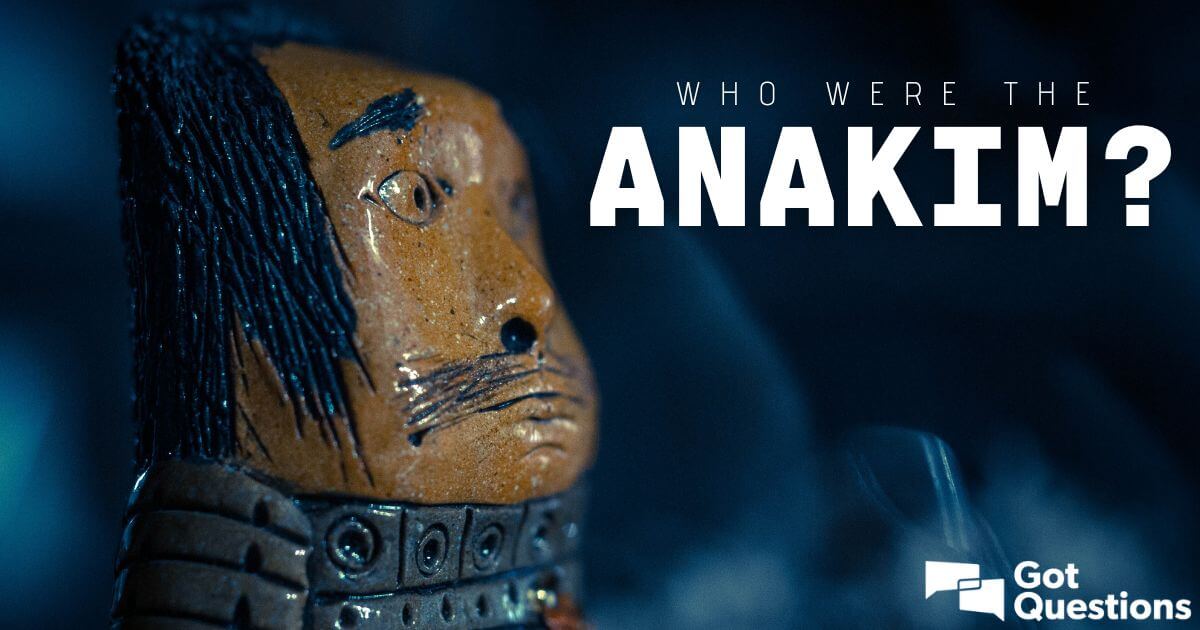

And in consequence of this very fact they hold a great amount of land for they alone inhabit the greatest part of the northern bank of the Ister. In fact, the Sclaveni and the Antae actually had a single name in the remote past for they were both called Spori in olden times, because, I suppose, living apart one man from another, they inhabit their country in a sporadic fashion. For they are all exceptionally tall and stalwart men, while their bodies and hair are neither very fair or blonde, nor indeed do they incline entirely to the dark type, but they are all slightly ruddy in color.Īnd they live a hard life, giving no heed to bodily comforts, just as the Massagetae do, and like them, they are continually and at all times covered with filth however, they are in no respect base or evil-doers, but they preserve the Hunnic character in all its simplicity. Nay further, they do not differ at all from one another in appearance. Indeed, some of them do not wear even a shirt or a cloak, but gathering their trews up as far as to their private parts they enter into battle with their opponents.Īnd both the two peoples have also the same language, an utterly barbarous tongue.

When they enter battle, the majority of them go against their enemy on foot carrying little shields and javelins in their hands, but they never wear corselets. They live in pitiful hovels which they set up far apart from one another, but, as a general thing, every man is constantly changing his place of abode. They reverence, however, both rivers and nymphs and some other spirits, and they sacrifice to all these also, and they make their divinations in connection with these sacrifices. It is also true that in all other matters, practically speaking, these two barbarian peoples have had from ancient times the same institutions and customs.įor they believe that one god, the maker of lightning, is alone lord of all things, and they sacrifice to him cattle and all other victims but as for fate, they neither know it nor do they in any wise admit that it has any power among men, but whenever death stands close before them, either stricken with sickness or beginning a war, they make a promise that, if they escape, they will straightway make a sacrifice to the god in return for their life and if they escape, they sacrifice just what they have promised, and consider that their safety has been bought with this same sacrifice. For these nations, the Sclaveni and the Antae, are not ruled by one man, but they have lived from of old under a democracy, and consequently everything which involves their welfare, whether for good or for ill, is referred to the people. Though they now rage in war far and wide, in punishment for our sins, yet at that time they were all obedient to Hermanaric's commands. "These people, as we started to say at the beginning of our account or catalogue of nations, though off-shoots from one stock, have now three names, that is, Venethi, Antes and Sclaveni. After the destruction of Avar state in Europe, Frankish emperor Charlemagne forcefully baptized them for the first time in Moravia in early 9th century but most of them has been christianized by Cyril&Methodius brothers in late 9th century. The people called as Slavs has been brought from surroundings of today`s northern Crimea and settled to the Balkans and central Europe by the Turkic Avars in 6th century. Most likely the term "Slavs" is an eastern Roman invention.

I think part of the problem is the mysterious nature of Slavs. The contrary is true - they were considered rather submissive, despite their conquest of Eastern Europe.Īccording to eastern Roman chronicles written in 9-10-11th century, Turkic Avars taught warfare techniques to the slavs for the first time and later included them into the ranks of their armies. They conquered half of Europe, beating down Byzantines, Sarmatians, Huns, Goths, and Finnic peoples, yet they were never known to be a fierce and warlike people like the Germans who conquered western Europe.


 0 kommentar(er)
0 kommentar(er)
